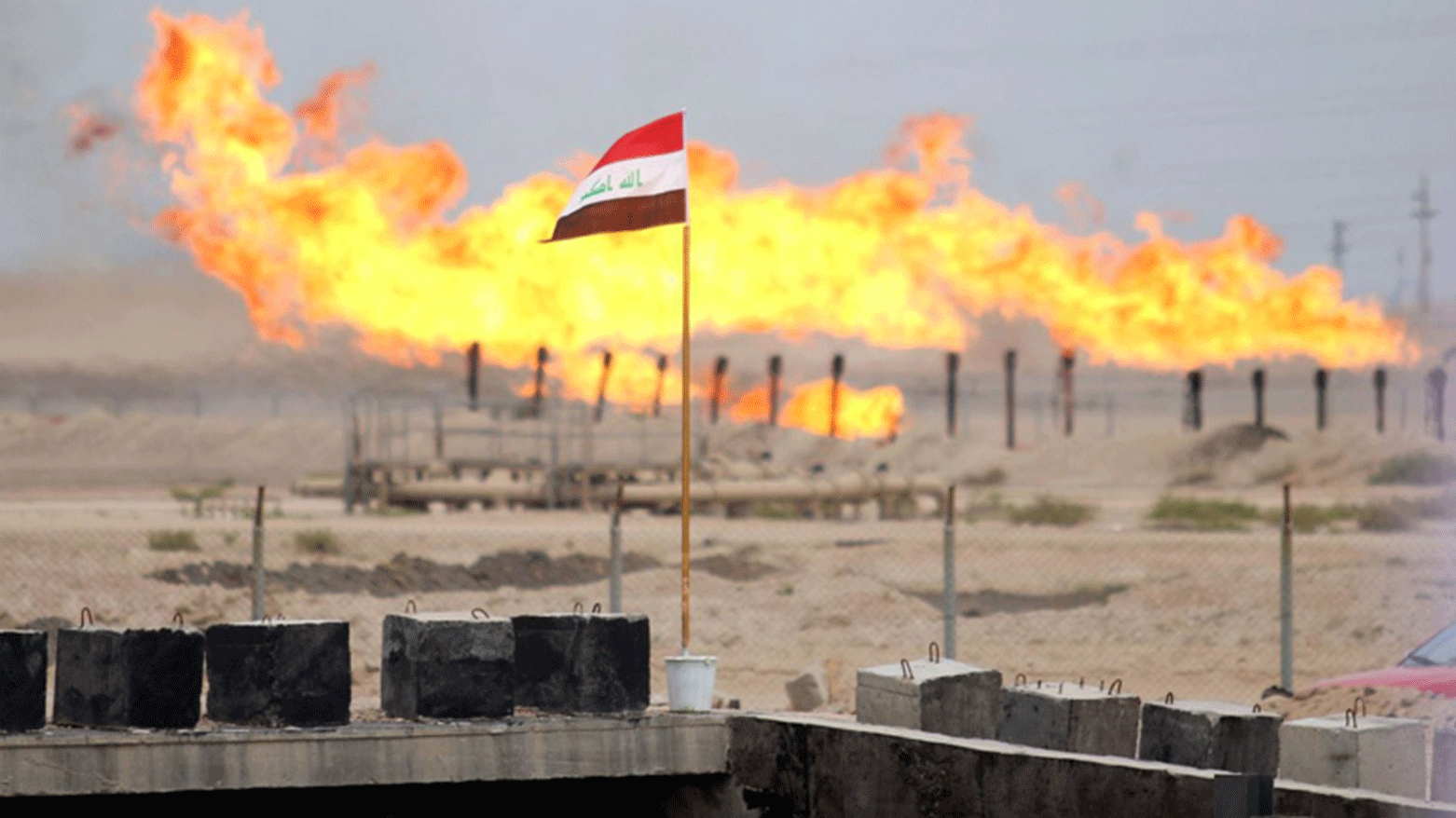Iraq to cut oil production by 223,000 bpd in March

ERBIL (Kurdistan 24) – The Organization of Petroleum Exporting Countries (OPEC) has officially confirmed that the total voluntary cut in crude oil production by the end of March 2024 will be 2.2 million barrels per day.
Saudi Arabia's one million barrels per day (bdp) and Russia's 500,000 bpd represent most of the reductions. Iraq will reduce production by 223,000 barrels per day, followed by the UAE with 163,000 bpd, Kuwait with 135,000 bpd, with Kazakhstan, Algeria, and Oman cutting the remainder.
In addition to the previously announced cuts in April 2023, the voluntary reductions are based on 2024 production needs, with the ultimate goal being an increase in oil prices.
The agreement was reached after the group had to postpone its meeting for four days due to disagreements over each member's portion of the agreement. The unwillingness of African nations to lower their oil production was a barrier to the agreement.
Saudi Arabia announced in June that it would cut oil production by one million barrels per day to prop up prices, despite fears of a recession.
Prince Abdulaziz bin Salman, Saudi Arabia’s Minister of Energy, at the time told reporters the cuts would last until July, but "can be extended."
Founded in 1960 in Baghdad, it was only until the Arab-Israeli wars of the early 1970s that OPEC earned its notoriety in the West, as its member states were successful in gouging the price of the non-renewable resource. With a price of nearly $2 bpd (not adjusted for inflation) of the carbon matter in Apr. 1972, it soared to $35 just eight years later in 1980, accounting for an approximate 1,750% increase.
